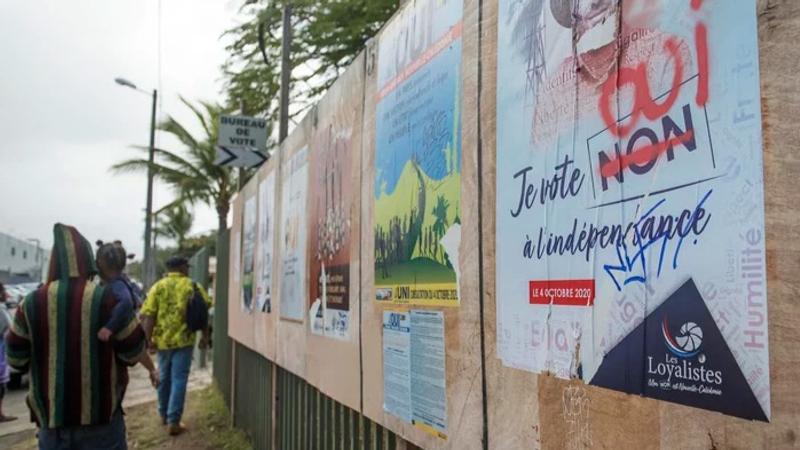Published 20:24 IST, May 14th 2024
Why is French Pacific Territory of New Caledonia Witnessing Protests?
Paris has defended the proposed voting reforms as essential for democracy.

Nouméa, New Caledonia | Image:
AP
- Listen to this article
- 5 min read
Advertisement
20:24 IST, May 14th 2024




